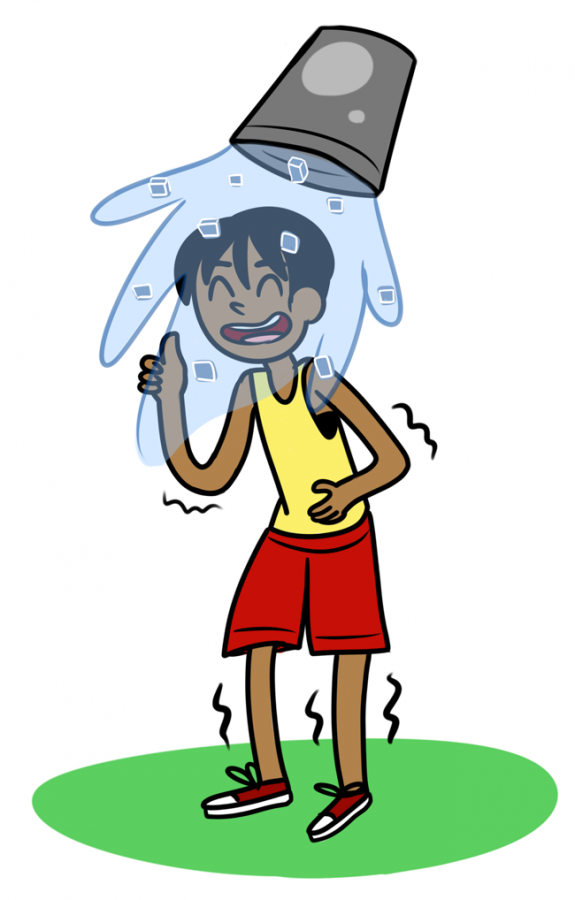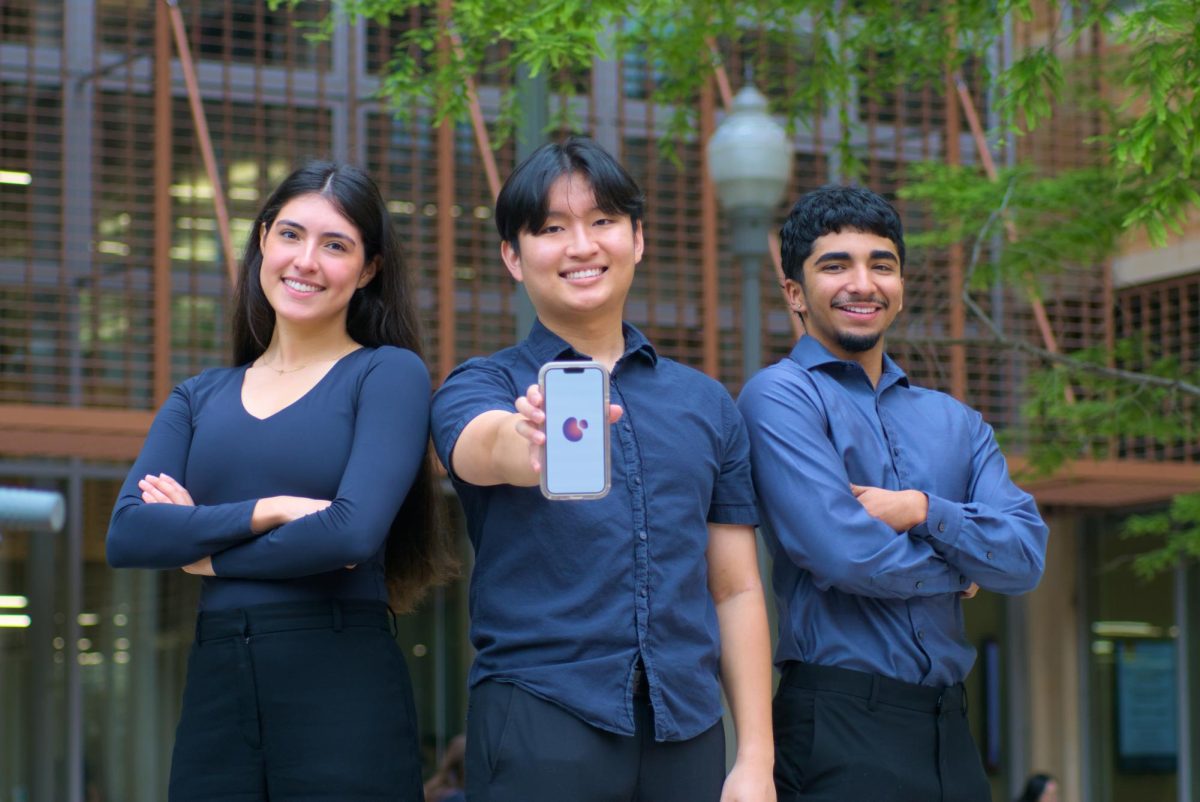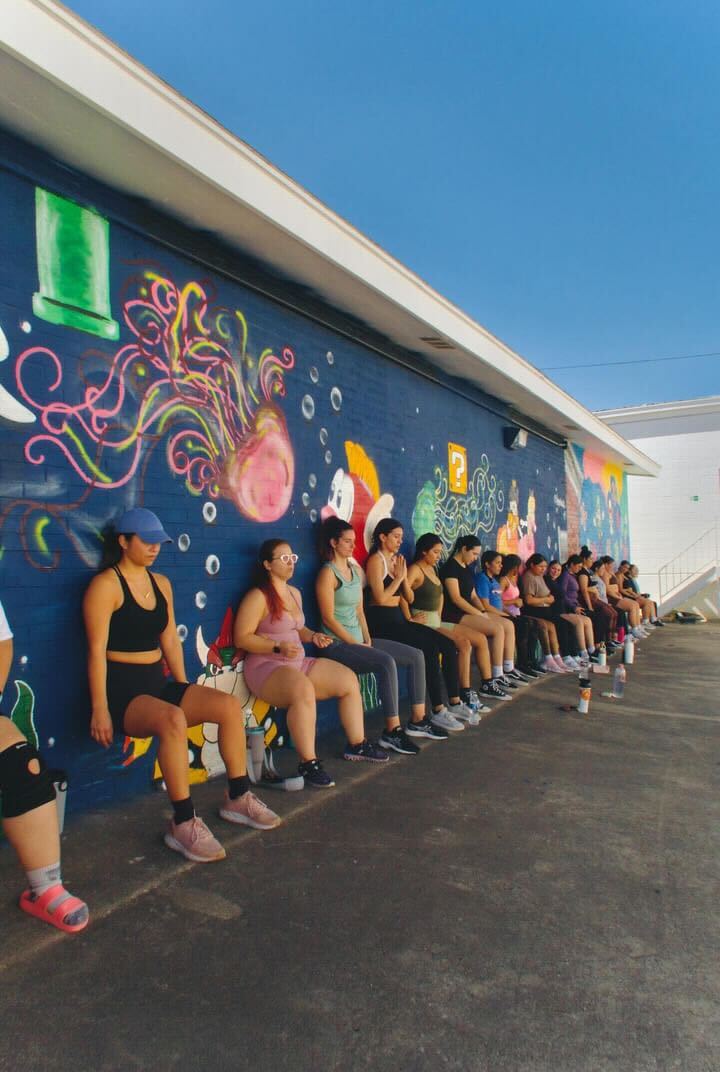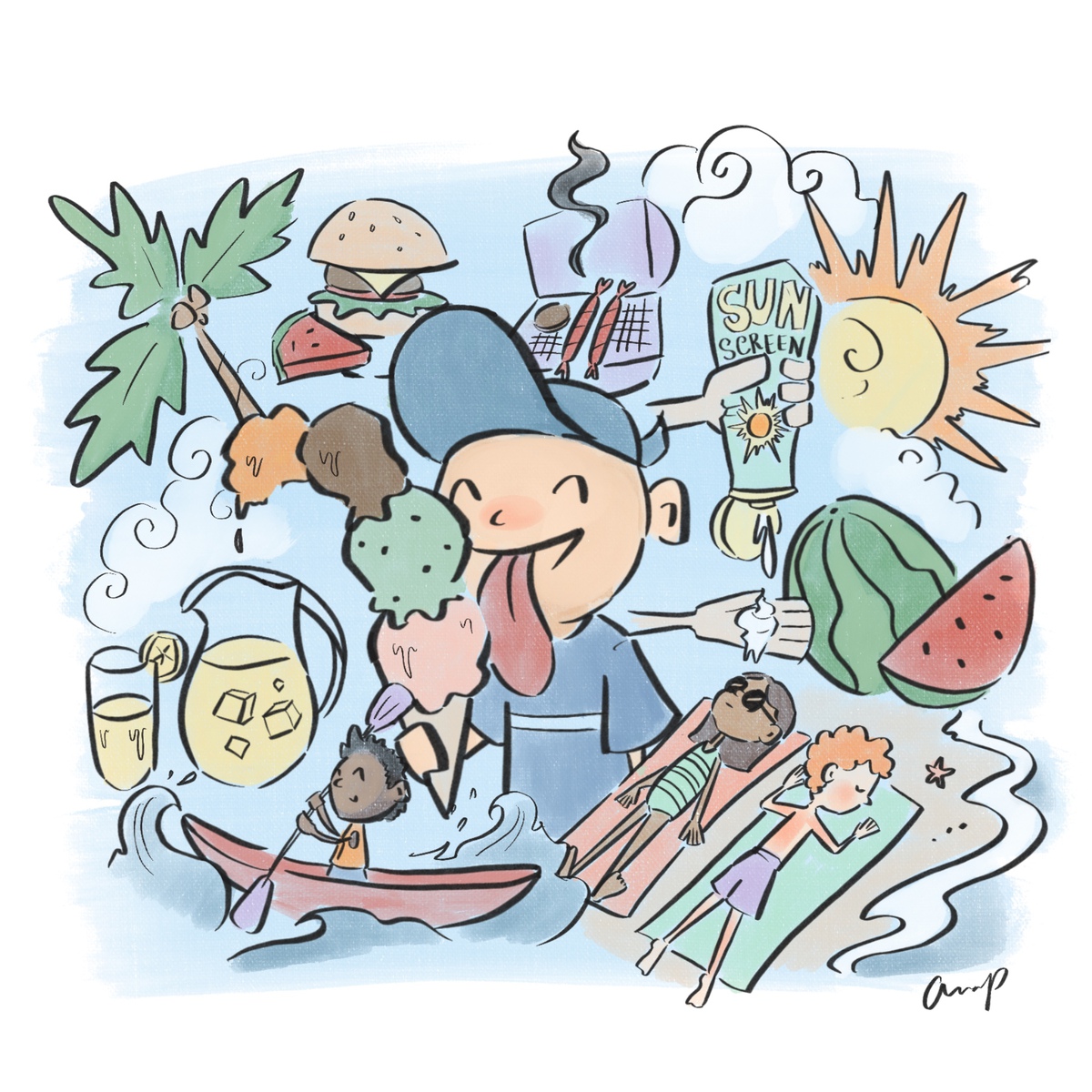The average social media stream as of late has been overrun with people, across all ages, genders and backgrounds, taking the “ice bucket challenge.” The specifics of the challenge vary, but the gist of it is that a person has to choose to either dump a bucket of ice water on his head or donate some money to an organization, typically one supporting amyotrophic lateral sclerosis, known as ALS, research. Usually, the participant does both and then challenges several of their friends to do the same.
There have been many variations, ranging from chemistry students dumping liquid nitrogen on their heads — don’t try that at home — to comedian Orlando Jones showering himself with a bucket of bullets in an attempt to call attention to hatred in its various forms around the world. The origins of the challenge are unclear, as are the ways in which ice water has anything to do with ALS, but what isn’t unclear is this: People are helping others, and they’re having fun doing it. This is not very surprising.
There’s quite a bit of literature supporting the idea that helping others is one of the quickest pathways to happiness. Counter to most people’s assumptions, the amount of money given away has a much stronger impact on how happy a person will be than the amount of money a person has earned — at least once enough money is made to cover basic necessities.
Studies have found that even the thought of money tends to make people less social and charitable, which, in turn, tends to make them less happy. However, if money is spent in what researchers refer to as a “prosocial fashion,” it can improve one’s life.
A short paper in a 2008 issue of Science Magazine sums up the issue in its title, “Spending Money on Others Promotes Happiness.”
As part of this study, researchers gave money to 46 people and told them how to spend it. Those who were told to use the money on someone else, either as a gift or donation, ended up feeling better at the end of the study than those told to spend it on themselves. This effect was confirmed in a more recent paper that used subjects from Canada and South Africa, suggesting that the good feelings people get from giving may be an intrinsic part of human nature and not a product of
cultural upbringing.
Whether subjects donated $5 or $20, there was no change in the amount of happiness they felt after the fact. Still, one doesn’t need to give away money to help others; a different study from 2008 showed that volunteering may actually feel more rewarding than giving away a cash donation. Scientists also found a correlation between the amount of time a person spent volunteering and how healthy they were.
Although most cynics might jump up and say that people only help others to make themselves feel good, charity doesn’t have to be arduous or painful to be effective. The “ice bucket challenge” has brought in more than $100 million for the ALS Association over the last month. When compared to the $26.3 million the organization raised during the entirety of 2013, it’s easier to put those cynical thoughts on ice. Or, better yet, put them into an ice bucket and dump it on your head. That is, if you’re willing to accept the challenge.















